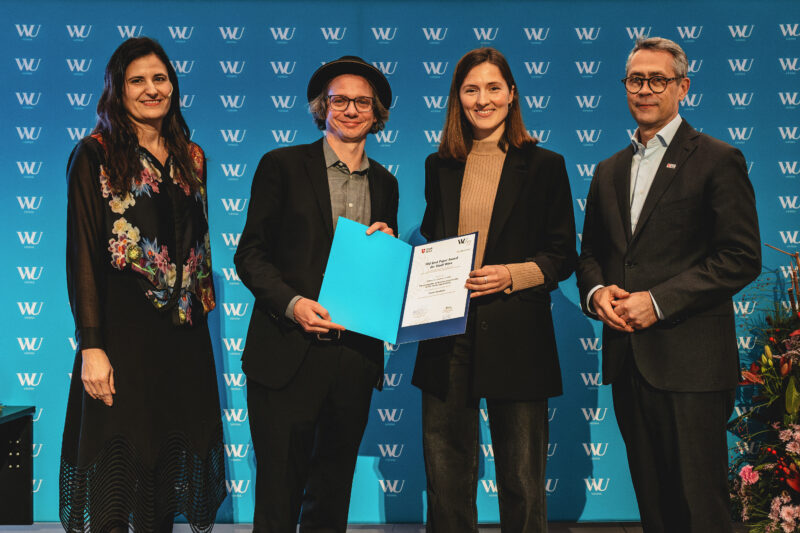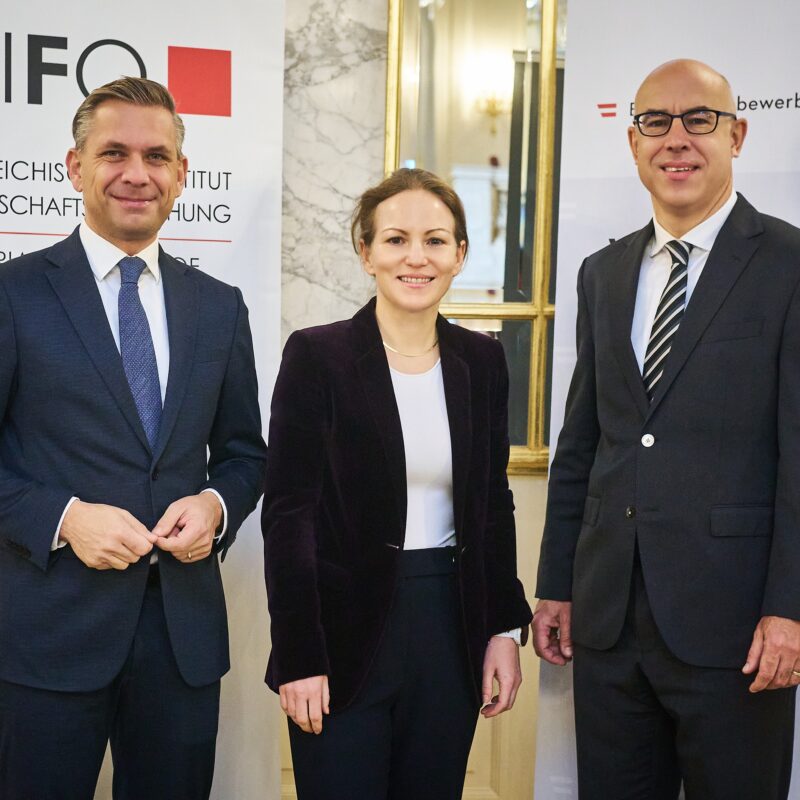
Cutting Red Tape for Trade in Services
Services play an important role for the economy, contributing around 70 percent to GDP in many European countries (Eurostat, 2018). Trade in services is often not affected by tariffs or shipping costs, but by regulations and entry barriers for foreign service providers. In order to reduce such administrative hurdles and complete the Single Market also in the case of services, the EU adapted directive 2006/123/EC (also known as the "Service Directive – SD"). This directive aimed to harmonise and reduce rules, regulations as well as bureaucratic requirements regarding cross-border service activities in the EU.
Almost 10 years after the implementation of the Service Directive, the research presented in the WIFO Working Papers employs novel data to examine the impact of this directive on service trade across Europe. The authors employ a gravity model with a difference-in-differences strategy, and additionally exploit the fact that certain sectors and countries were not covered by this policy reform. Their estimates show that, on average, the Service Directive increased intra-EU trade in targeted services between 27 and 55 percent, translating into an overall welfare increase between 0.35 and 1.04 percent. Significant differences between countries and service sectors were found. Finally, Kern, Paetzold and Winner show that the stringency of implementing the SD also mattered, with countries which fully and comprehensively implemented the SD experienced larger increases in service imports.
Publications
- Milena Kern
- Jörg Pätzold
- Hannes Winner (WIFO)























